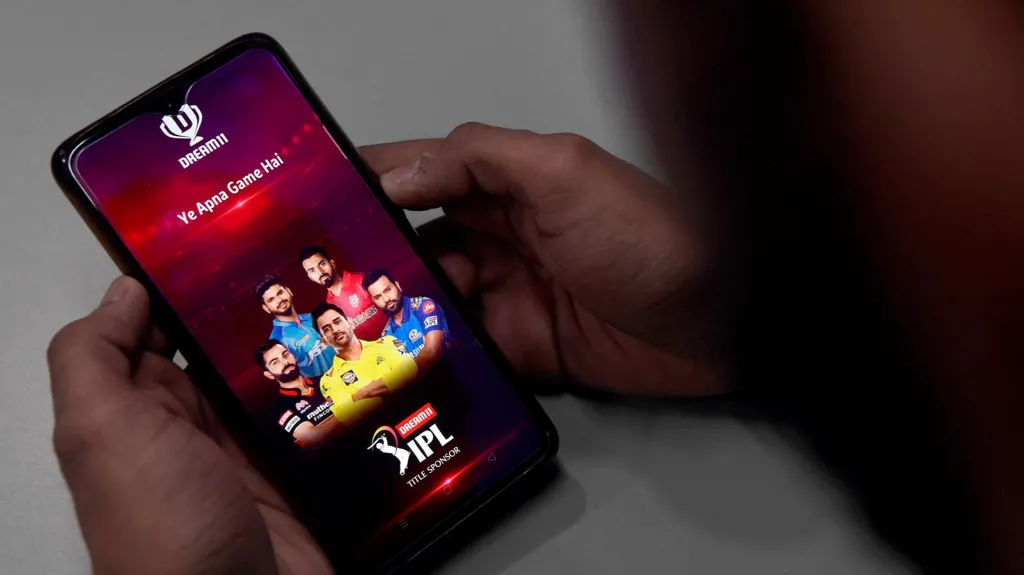What began as a booming industry of fantasy sports and poker apps has come to a sudden halt in India, after the government passed a sweeping ban on all money-based online games.
For players like 26-year-old Kartik Srinivas, who lost more than 1.5 million rupees between 2019 and 2024 chasing wins across betting apps, the move feels like both a relief and a shock. His story mirrors the addiction that critics say plagued millions, draining savings and pushing some into depression and despair.
Federal IT Minister Ashwini Vaishnaw told parliament that real-money gaming had harmed nearly 450 million Indians, caused more than 200 billion rupees in losses, and even driven some to suicide. The new law makes offering or promoting such games a criminal offence, carrying jail terms and hefty fines. Users, however, are treated as victims rather than offenders.
Industry leaders argue the decision is a blunt instrument that has crippled one of India’s fastest-growing digital sectors. Before the ban, around 400 startups employed more than 200,000 people, attracted global investment, and generated over $2.3 billion in annual taxes. Dream11, once valued at $8 billion and the sponsor of India’s national cricket team, has shut down its real-money operations, as has rival My11Circle.
Gaming companies and legal experts point out that India’s own courts have repeatedly classified fantasy sports and rummy as “games of skill,” distinct from gambling. They warn that the blanket ban ignores this nuance, risks investor confidence, and could push users into underground or offshore networks with little oversight.
Still, the government insists the crackdown is necessary, saying the platforms run on opaque algorithms where players unknowingly compete against bots designed to favour the house. To them, the apps were simply digital gambling dens dressed up as skill games.
For players like Srinivas, the debate feels almost academic. After years of spiralling losses, he believes awareness and education might have helped more than prohibition. “At least with the apps there was some accountability,” he said. “Now, people will just move to darker corners of the internet.”

